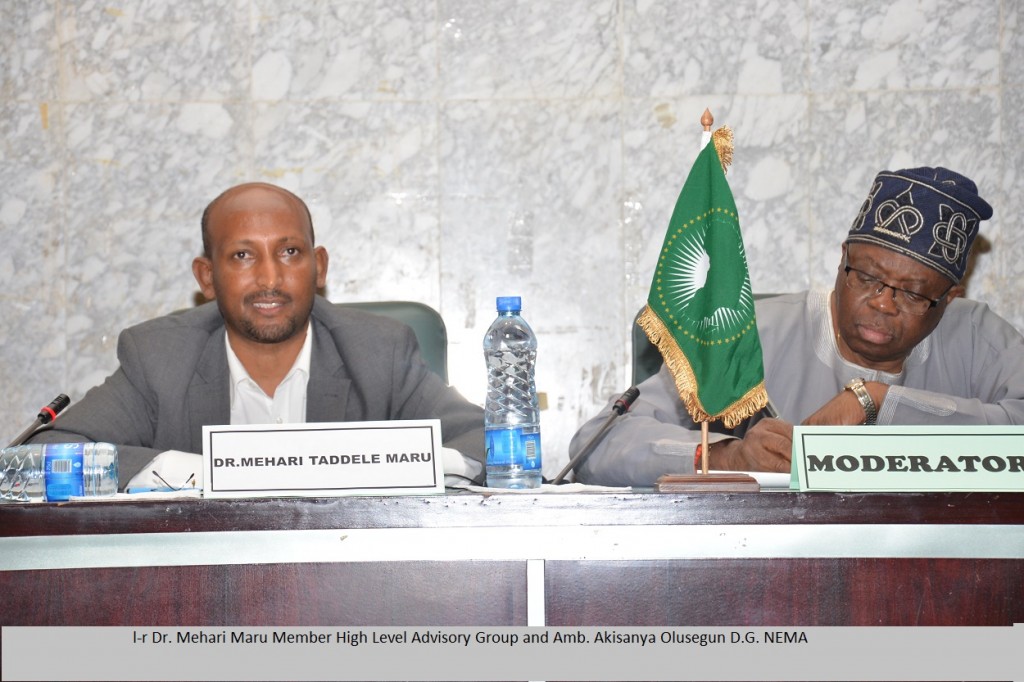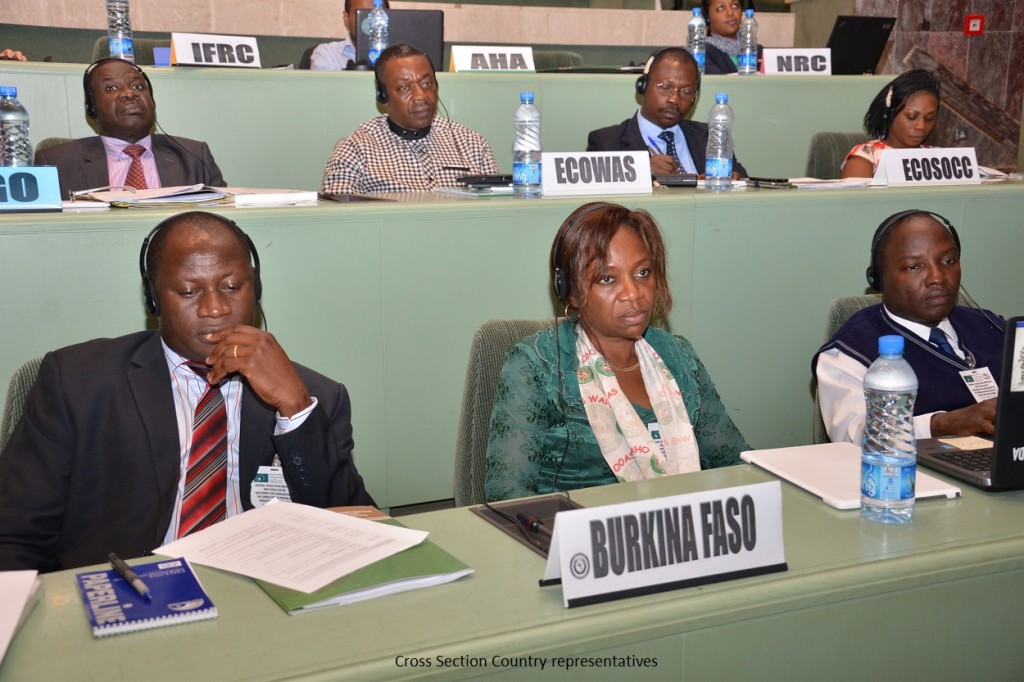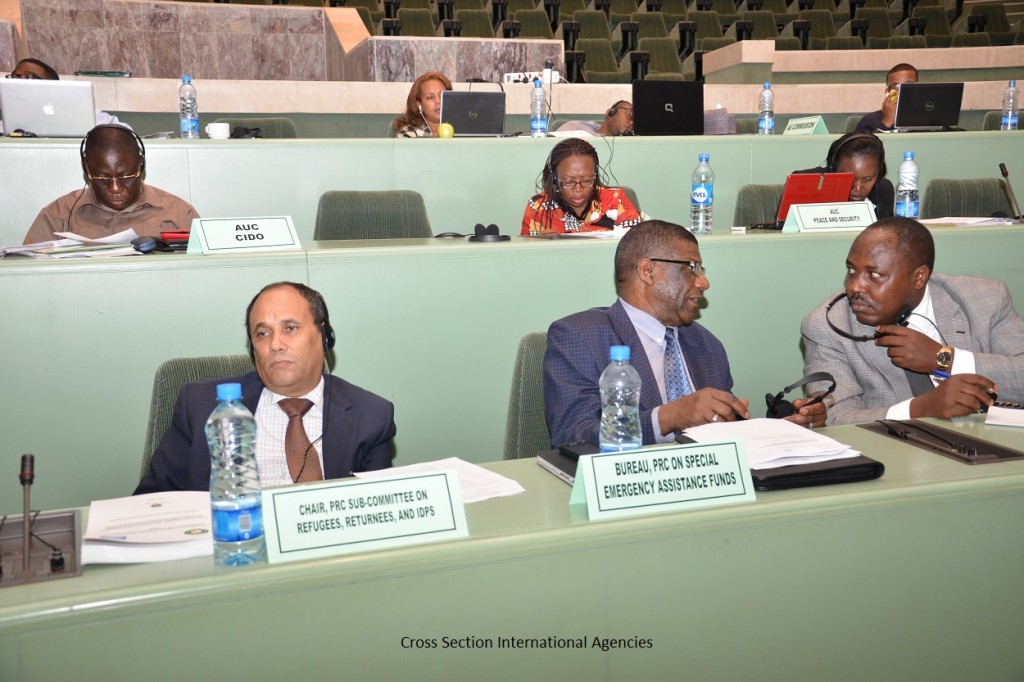 Through its Department of Political Affairs, the African Union (AU) is seeking to collaborate with ECOWAS on humanitarian effectiveness. Through its Department of Political Affairs, the African Union (AU) is seeking to collaborate with ECOWAS on humanitarian effectiveness.
To this end, a regional consultative meeting for Western Africa began in Abuja on the 26th of August 2015 for the development of a common African position on humanitarian effectiveness to be submitted to the World Humanitarian Summit, taking place in Istanbul, Turkey in 2016.
The Abuja meeting is expected to enhance regional collective decisions to identify gaps in humanitarian assistance in the region and also proffer solutions to enhance humanitarian action in order to make it more efficient and timely. This is with a view to coming out with a strong singular regional voice on how humanitarian assistance could be improved to the benefit of the affected populations.
Drawing attention to the increasing humanitarian challenges in the West African region and the world generally during the opening ceremony of the three-day meeting, the president of the ECOWAS Commission Kadre Desire Ouedraogo said: “For many decades now, humanitarian concerns have been on the rise, particularly in the developing world including the ECOWAS region. Violent conflicts, incessant natural disasters and other manmade disasters have caused colossal humanitarian impact on world population leaving the citizens more vulnerable”
According to president Ouedraogo, in 2015 alone, more than 100 million women, men and children need life-saving humanitarian assistance while the amount of people affected by conflict has reached levels not seen since the Second World War just as the number of those affected by natural and human-induced disasters remains profound.

More alarming by the president’s estimation is the fact that as humanitarian problems increase, there are often no commensurate prevention, mitigation and response strategies in place to build resilience and reduce the impact and vulnerability of the populations. Whereas, humanitarian problems have serious impact on social and economic well-being of the people
.
President Ouedraogo’s speech delivered by the Princip
al Of
ficer of the ECOWAS Emergency Response Team (EERT) Mr. Godfrey Alozie on, behalf of the ECOWAS Commissioner for Humanitarian Affairs, stated among others that given the frequency and preponderance of humanitarian related events in the West African region and the world today, “it is paramount that we develop efficacious strategies consistent with humanitarian governance principles at state, regional and continental levels

The ECOWAS Commission president also called on Member States to develop and implement polices geared towards the prevention and management of crises and disasters in our countries stressing that while brainstorming
on how to improve humanitarian delivery, participants “must not forget that humanitarian governance is a sin qua non if we must attain regional development”
The Abuja meeting is organized around four thematic areas: Humanitarian Effectiveness; Transformation through Innovation; Reducing Vulnerability and Managing Risk and Serving the needs of people in conflict. The experts are expected to take stock of growing humanitarian challenges, achievements and the changing humanitarian landscape, with a view to strengthening partnerships in creating a more global, effective, and inclusive humanitarian system; while building on best practices and ways for more effective humanitarian action.
|






